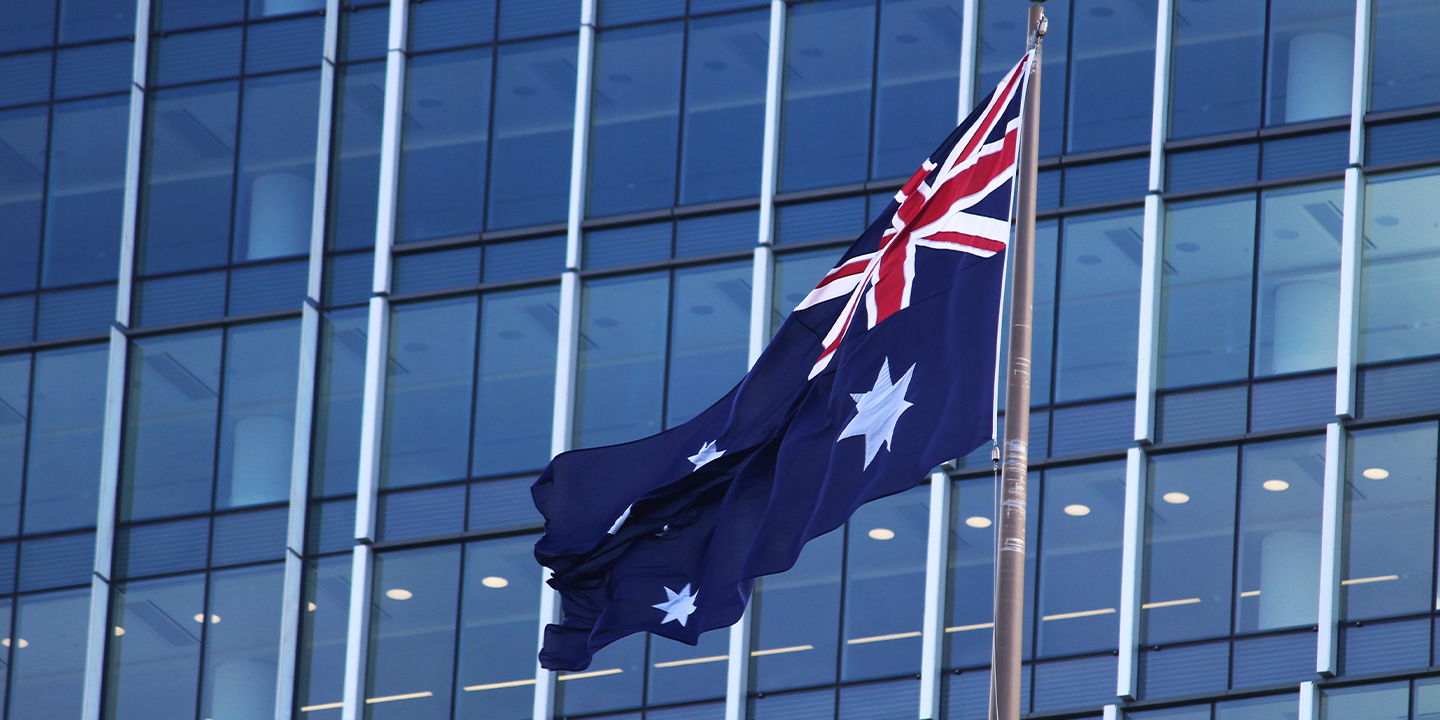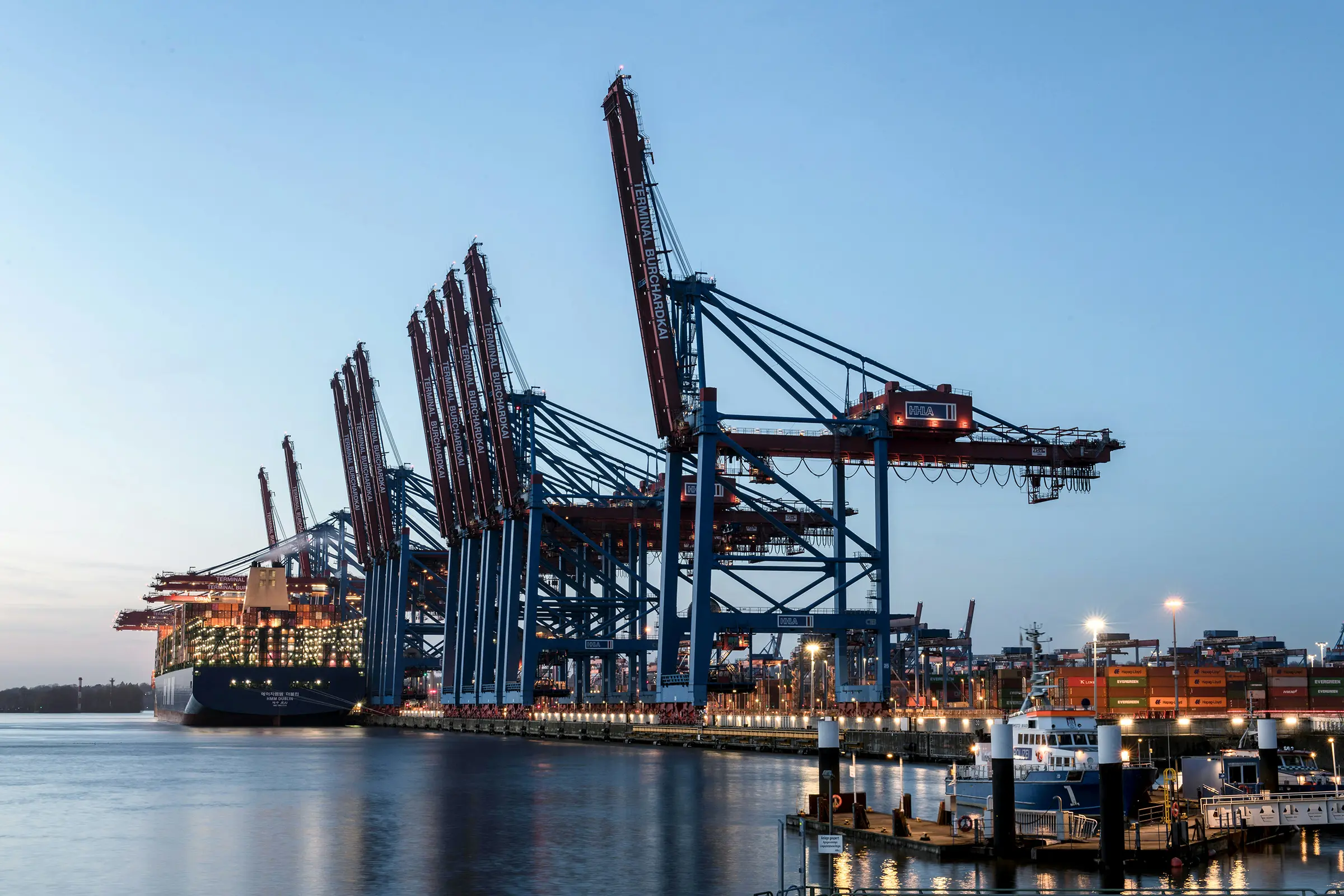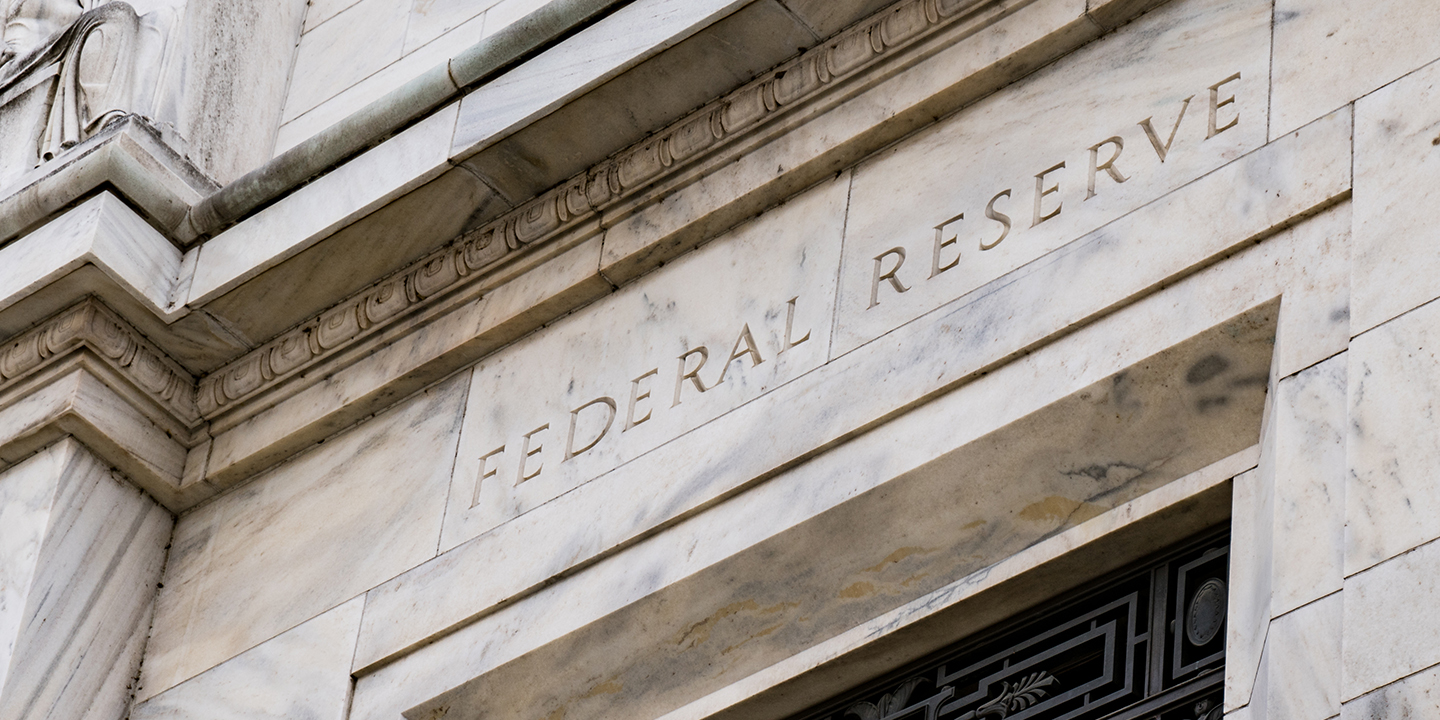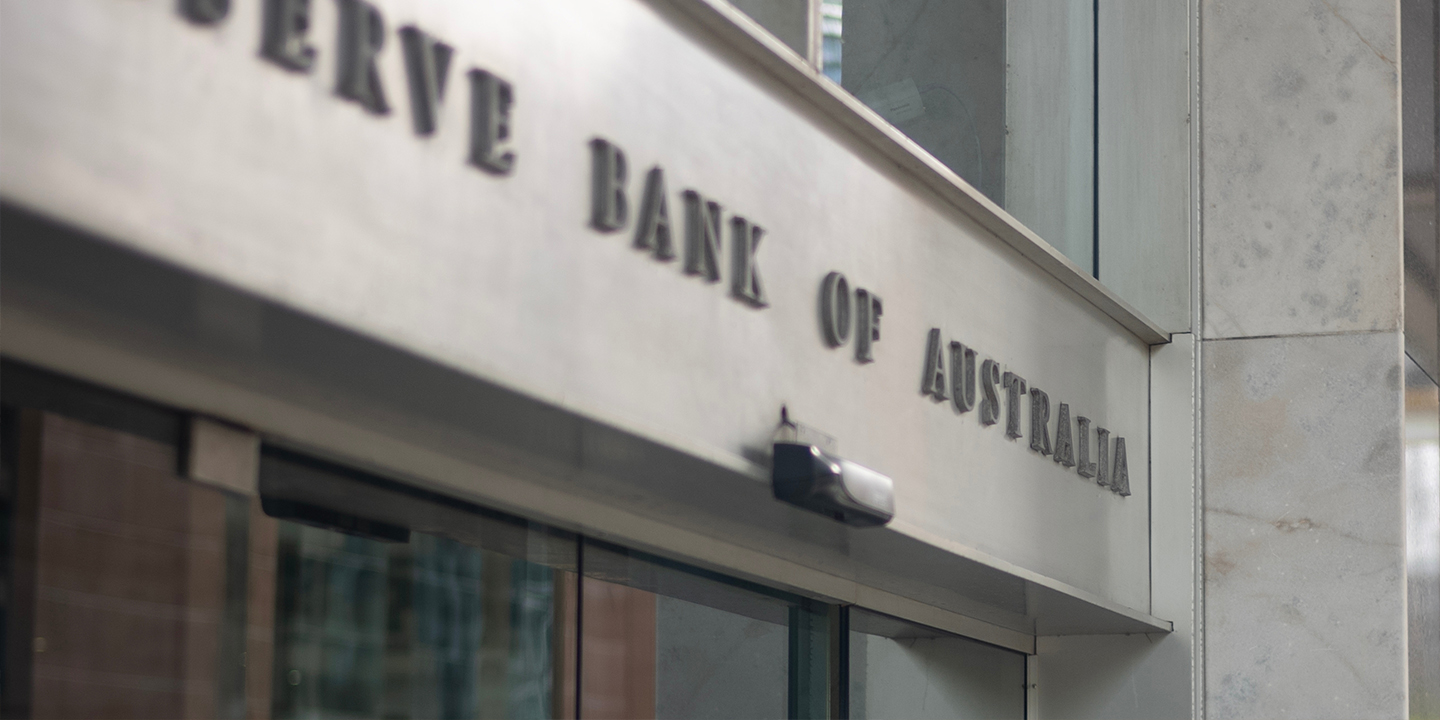In a recent radio interview, Michael Knox, Chief Economist and Director of Strategy at Morgans, shared his perspective on Australia's economic trajectory. Knox highlighted concerns about the country's increasing debt and reliance on foreign borrowing, suggesting that Australia is spending beyond its means. Read the transcript below:
Knox:
"Well, Australia looks like it's a country that's spending more money than it has, and it’s financing that by foreign borrowing. That's what it looks like to me. I’m looking at a wonderful document, which is the sales document that goes with the budget parties, called Building Australia’s Future.
I'm not focused on the text; I'm looking at all the appendices at the end. When I do that, I find that Australia’s debt from 2024/2025, out to 2028/2029, is expected to grow by $283 billion, from $940 billion to $1.223 trillion. Net debt is expected to grow by a little less than that, as our foreign investments are improving, which brings it to $212 billion. So, that seems to be something for future generations to deal with. The money appears to be coming from those nice people who go to Davos.
A couple of years ago, we were running a current account surplus, and we were often running a trade surplus. But now, we’re running a current account deficit. This was way back when commodity prices werethe best ever in Australian history, and that’s when Jim Chalmers made 'the biggest ever fiscal improvement' by running a balanced budget with a narrow surplus.
Now we have the dividends of this 'responsible economic management'. However, when I look at what’s happening, we’re seeing a current account balance that’s getting worse every year for the next four years. The outcome last year was a deficit of 1.3%, and by the time we get to 2025–2026, this deficit is projected to blow out to 3.75%, and by 2026–2027, it will be even worse, with a current account deficit of over 4%.
So, where is this growth coming from? It's driven by public spending, financed by all those nice people at Davos who are lending us money, increasing Australia's foreign debt."
Austin:
"My guest is Michael Knox, chief economist at Morgans. Bob Katter, a long-standing federal politician, says the 2025 budget reveals a government more focused on reactive policies than proactively addressing the needs of our nation. Is he right?"
Knox:
"Well, we've got a government here that seems to be focused entirely on the most important thing in the world for them: getting re-elected. What we’re seeing is a lot of spending in the current year, 2024–2025, with public final demand increasing by 5%, while private demand is only growing at 1%. The normal growth rate would be around 2%.
So, there’s a blowout in public spending, which, I’m sure, is carefully targeted at interest groups selected through political research. As a result, this is generating a deficit and more debt. The crucial objective here is that the government wants to get re-elected."
Austin:
"Dr. Jim Chalmers did his doctorate on Paul Keating's government 39 years ago. Paul Keating once said, "If you're not hitting 4%, you're not even trying," and he warned that, if we weren’t careful, we’d become a banana republic. Do the debt figures from the appendices of the federal budget suggest that we are acting like a 'banana republic', as Paul Keating warned nearly four decades ago?
When I look at this deterioration of the current account, from 1.3% of GDP in the year just past (2023/2024), blowing out to 4.25% for the current account deficit in 2027/2028, it seems that Paul Keating would recognise this as delightfully South American."
Austin:
"Michael Knox, thank you very much for your time."
Listen the full interview here.










